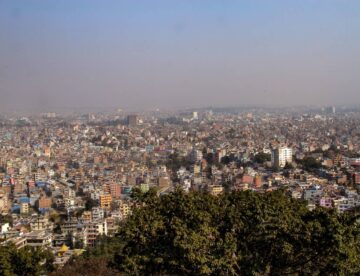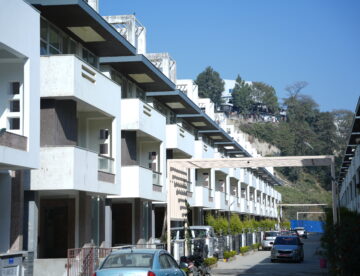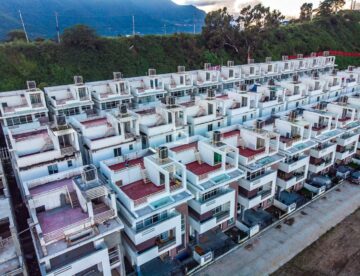Buying property in Kathmandu can be a rewarding yet complex process, especially given the dynamic nature of the real estate in Kathmandu market. As the market is projected to grow significantly, with a volume expected to reach approximately US$513.30 billion by 2029 (Statista Market Forecast), understanding the steps involved is crucial for prospective buyers.
Step 1: Research the Market
Before diving into property purchases, conducting thorough market research is essential. The demand for residential properties in Kathmandu is driven by urbanization, population growth, and remittances from Nepalese abroad. Familiarize yourself with current trends, property values, and future developments to make informed decisions.
Step 2: Understand Legal Requirements
Navigating the legal landscape is vital. Buyers must be aware of property ownership laws, necessary documentation, and the registration process. Ensuring that property titles are clear and that all legal requirements are met can prevent future disputes. As noted, “An average Nepali worker would have to save their entire salary for 10 or more years just to afford land in the capital city” (OnlineKhabar). This highlights the importance of due diligence in the buying process.
Step 3: Engage With a Real Estate Company
Working with a local real estate agency can provide significant advantages. Agents possess in-depth knowledge of the Kathmandu market, including property values and neighborhood dynamics. Their expertise can streamline the process of buying property in Kathmandu and ensure compliance with local regulations. This is particularly important in a market where property prices are influenced by factors such as location and infrastructure connectivity.
Step 4: Evaluate Properties
When evaluating properties, consider factors such as location, property type, and amenities. Prime neighborhoods like Lazimpat, Gyaneshwor, and Baluwatar command higher prices due to their proximity to key landmarks. In contrast, suburban areas may offer more affordable options.
Step 5: Negotiate and Finalize the Deal
Negotiation skills are crucial in Kathmandu’s real estate market. Be prepared to negotiate on price and terms, and ensure effective communication with the seller. Understanding the needs of the other party can lead to successful transactions. Additionally, familiarize yourself with the regulatory environment, including zoning laws and property taxes, to avoid any legal pitfalls.
In summary, buying property in Kathmandu requires careful planning and consideration. By conducting thorough research, understanding legal requirements, engaging with local experts, and negotiating effectively, you can navigate the complexities of the real estate in Kathmandu market successfully. For more insights, check out our related posts on property investment strategies and market trends.
Recommended reading: Current Trends in Kathmandu’s Real Estate Market






